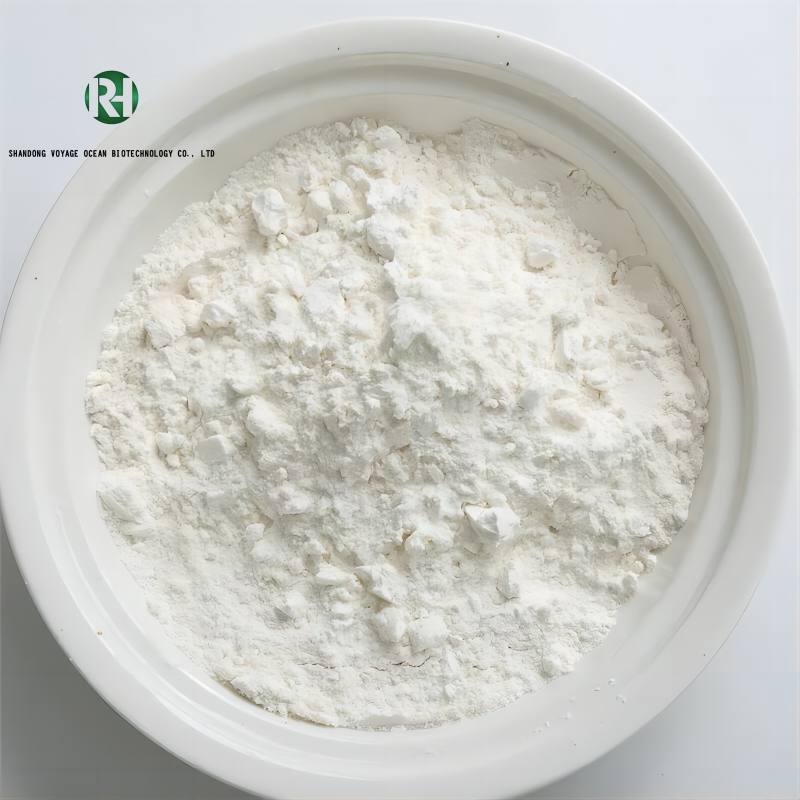-
Categories
-
Pharmaceutical Intermediates
-
Active Pharmaceutical Ingredients
-
Food Additives
- Industrial Coatings
- Agrochemicals
- Dyes and Pigments
- Surfactant
- Flavors and Fragrances
- Chemical Reagents
- Catalyst and Auxiliary
- Natural Products
- Inorganic Chemistry
-
Organic Chemistry
-
Biochemical Engineering
- Analytical Chemistry
- Cosmetic Ingredient
-
Pharmaceutical Intermediates
Promotion
ECHEMI Mall
Wholesale
Weekly Price
Exhibition
News
-
Trade Service
diagnostic test method.
2. Two Science articles reveal that some cases of severe COVID-19 are related to genetic mutations or attacks on autoantibodies in the human body doi:10.1126/science.abd4570; doi:10.1126/science.abd4585 The new coronavirus SARS-CoV-2, which causes coronavirus disease (COVID-19) in 2019, is now raging around the world.
infected with the new coronavirus SARS-CoV-2 may develop symptoms from mild to fatal.
, two new studies suggest that some life-threatening cases can be traced back to weaknesses in the patient's immune system.
at least 3.5 percent of patients with severe COVID-19 had mutations in their antiviral defense genes.
at least 10 percent of severely ill people produce "autoantibodies" that attack the immune system rather than fight the virus.
these findings identify some of the root causes of life-threatening COVID-19.
results were published online September 24, 2020 in the journal Science under the titles "Inborn errors of type I IFN immunity in patients with life-risk COVID-19" and "Auto-antibodies against type I IFNs in patients with life-life-19".
," said Jean-Laurent Casanova, a researcher at Rockefeller University in the United States and co-author of the two papers, that the observation of these harmful antibodies in so many patients (101 out of 987 patients) was a "startling discovery."
" papers explain for the first time why COVID-19 is so severe in some people, while most others are not infected with the same virus.
"3.Science: Super-powerful antibody mixture blocks new coronavirus attachment host cell doi:10.1126/science.abe3354 New coronavirus SARS-CoV-2 causes 2019 coronavirus disease (COVID-19) and is now raging around the world.
In a new study, researchers from the United States, France, Belgium and Italy found that a super-powerful antibody mixture from recovering COVID-19 patients identified and blocked the infection complex of the pandemic coronavirus and prevented it from entering cells.
the role of each type of super-powerful antibody overlaps, but is slightly different.
these ultra-powerful antibodies, whether used alone or mixed together, can prevent SARS-CoV-2 from replicating in the lungs, thus protecting hamsters from infection when exposed to the virus.
results were published online September 24, 2020 in the journal Science under the title "Ultrapotent human antibodies antibodies against protectst SARS-CoV-2 challenge via multiple mechanisms".
advantage of this antibody mixture is that they may also prevent the natural mutant form of the coronavirus from escaping treatment during this pandemic.
the coronavirus pandemic, some mutants have been found in its infectious complex, and a mixture of antibodies can be used to mediate a range of such virus mutants.
4.Science: The discovery of a nihric acid binding pocket for the new coronavirus S protein lays the groundwork for the development of drugs to stop the virus infection: 10.1126/science.abd3255 The new coronavirus SARS-CoV-2, which led to the 2019 coronavirus disease (COVID-19), is now raging around the world.
In a new study, researchers from research institutions such as the University of Bristol in the UK found that a drug in SARS-CoV-2 prickly protein (S protein) that can be used to stop the coronavirus from infecting human cells can target pockets (druggable pockets, the pockets in which the S protein binds through drugs).
they say the findings could help fight the current COVID-19 epidemic, and that small molecule antiviral drugs targeting the newly discovered pocket could help eliminate the disease.
study was published online September 21, 2020 in the journal Science under the title "Free Fatty acid binding pocket in the locked structure of SARS-CoV-2 Spike protein."
author of the paper are Professor Christiane Schaffitzel of the University of Bristol and Professor Imre Berger of the Max Planck Bristol Centre for Minimal Biology.
to compare the structure of the S protein that binds to LA and not to LA, pictured is science, 2020, doi:10.1126/science.abd3255.
breakthrough study, the researchers used a powerful imaging technique, the electron cryogenic microscope (cryo-EM), to analyze the SARS-CoV-2 S protein at near-atomic resolution.
supported by Oracle's high-performance cloud computing, they produced a three-dimensional structure of the SARS-CoV-2 S protein so they could drill deep inside the S protein to identify its molecular composition.
surprise, the researchers' analysis found a small molecule, ionic acid (LA), buried in a special pocket inside the S protein---
LA is a free fatty acid that is essential for many cellular functions.
human body cannot produce LA.
, the body absorbs this essential molecule through diet.
intriguingly, LA plays a crucial role in inflammation and immunomodulation, both of which are key factors in the progress of COVID-19 disease.
also maintains the cell membrane in the lungs so that we can breathe normally.
5.Science: Long-term infection with the new coronavirus has an impact on the long-term effective response of the immune system Doi:10.1126/science.abd7343 New research shows that natural and vaccine-induced immunity will be a key factor in the future trajectory of the global coronavirus pandemic (COVID-19).
by researchers at Princeton University was recently published in the journal Science.
that developing a vaccine that can cause a strong immune response can significantly reduce the burden of future infections.
co-author Chad.







